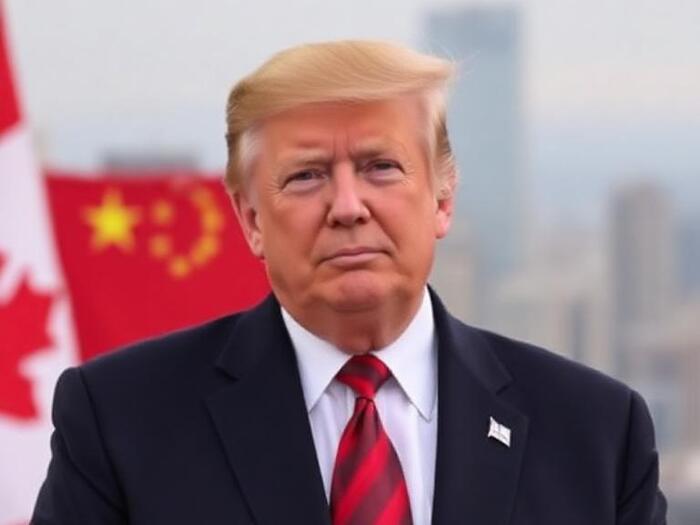WASHINGTON — U.S. President Donald Trump’s aggressive trade posture is reshaping global alliances, with both Canada and China adjusting their strategies in response to mounting U.S. pressure. The developments highlight how interconnected economic diplomacy and national interests have become in a multipolar world.
Canada’s Strategic Pivot
At the centre of the shift is Canada, which appears to be pivoting away from its traditional economic alignment with the U.S. toward a more diversified trade approach. Experts say this shift comes amid trade tensions, increasing tariffs from Washington and changing global supply-chain dynamics. For Ottawa, building stronger ties with China and other global markets has become a pragmatic response to U.S. unpredictability.
China’s Dual-Track Approach
China, for its part, is operating on dual fronts: salvaging its export-driven growth while employing trade diplomacy as a geopolitical tool. After facing escalating tariffs and export controls from Washington, Beijing has taken steps to counter-balance U.S. influence by deepening ties with trade partners and positioning itself as a reliable alternative to American leadership in the global economy.
Trump’s Trade Strategy: Risks and Rewards
Trump’s trade policies, which include tariffs, export restrictions and aggressive negotiation tactics, aim to recalibrate America’s global economic role. The former president has argued that these moves protect U.S. industry, reduce dependence on foreign manufacturing and secure strategic resources. However, critics warn that the strategy risks alienating longstanding allies and triggering retaliatory measures that could disrupt global supply chains.
A recent policy analysis described the evolving U.S.–China dynamic as a “very different kind of trade war,” where technology, rare-earth materials and global supply-chain control are as critical as traditional tariffs.
Why It Matters
These developments matter not just to the major economies involved, but to global business, consumers and emerging markets. Supply-chain shifts affect everything from manufacturing jobs to consumer prices; trade alliances influence geopolitical stability; and countries now weigh relationships not only in terms of economics—but also national security and global influence.
Source: CNN.com


